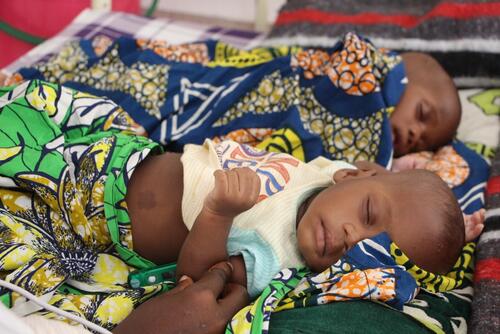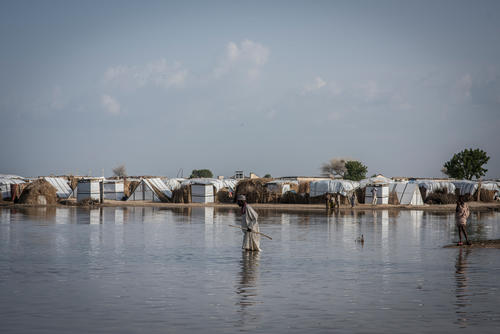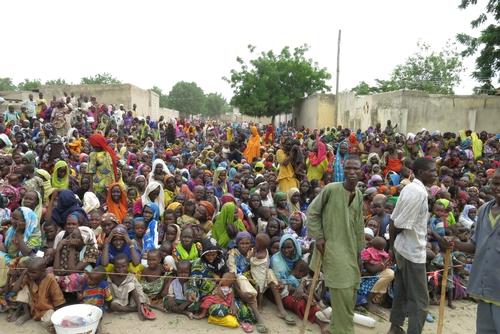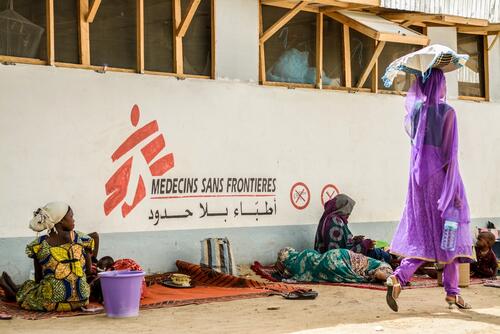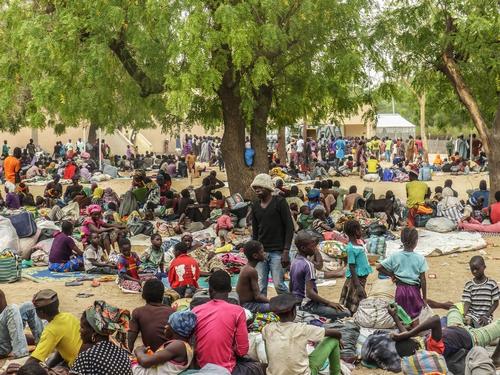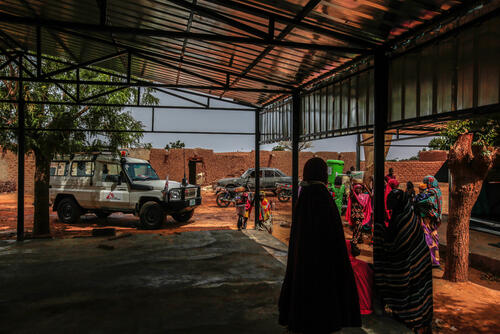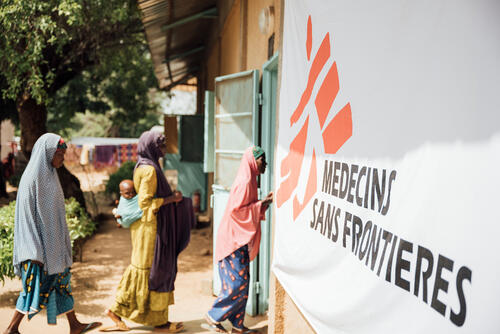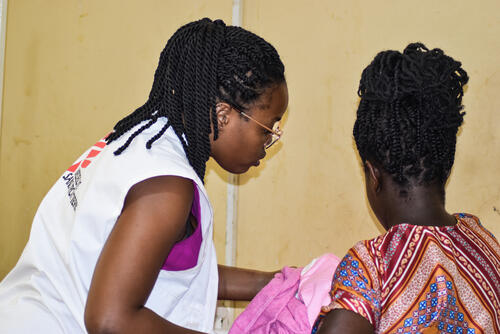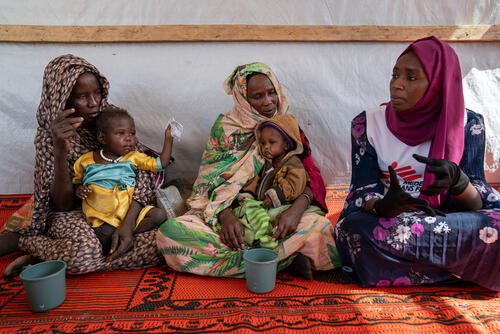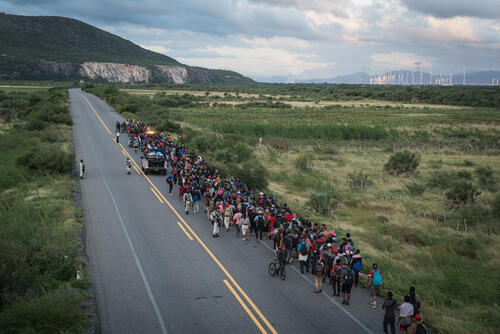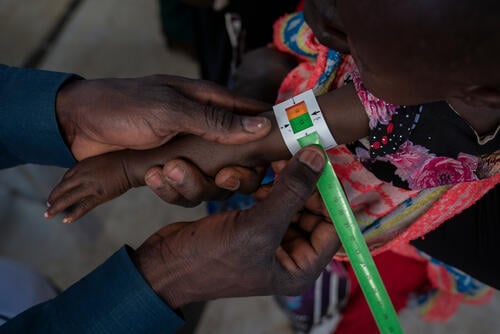This page is no longer being maintained and was last updated in January 2022.
The conflict between military forces and non-state armed groups in the Lake Chad region broke out in northeast Nigeria in 2009. It has since spread into neighbouring Cameroon, Chad and Niger, creating one of the largest humanitarian crises in Africa.
Many of the displaced have found refuge in host communities, putting a huge strain on a region already suffering from poverty, food insecurity, recurrent disease outbreaks and weak health systems.
MSF teams have responded to the high humanitarian needs caused by the conflict in the region.
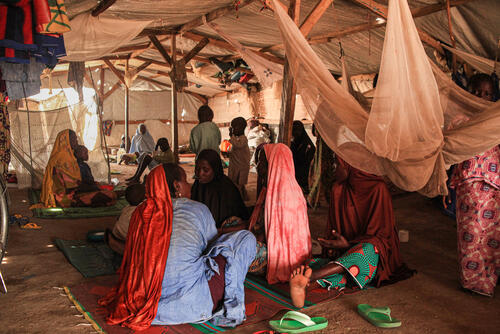
MSF ends activities in Gwoza and Pulka
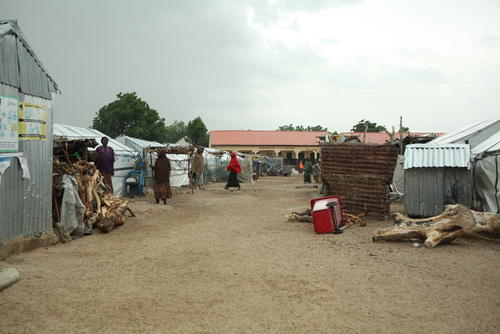
“Children can draw assault rifles better than a football” in Borno state
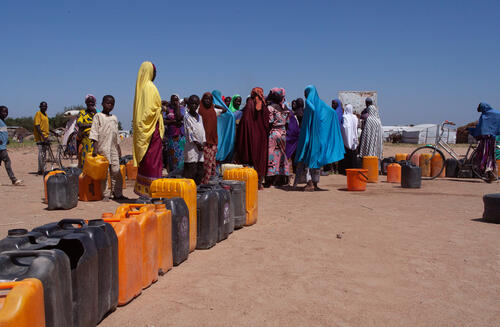
Other diseases will not relent in Borno state during COVID-19 pandemic
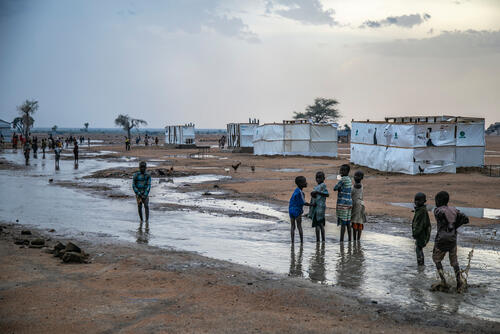
Northeast Nigeria: “The conflict is intensifying and the needs are massive”
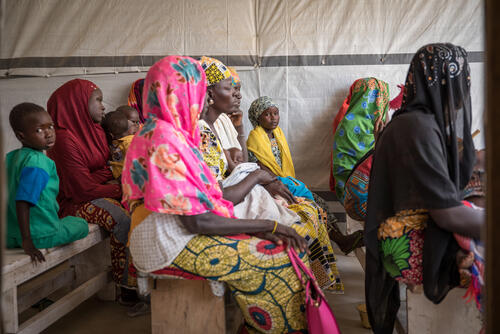
Conflict in Far North region strips people of hope
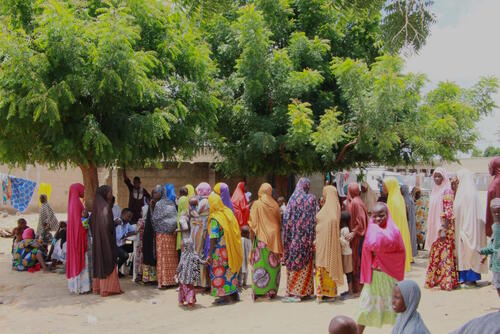
Northeast Nigeria: Now is not the time to question lifesaving assistance
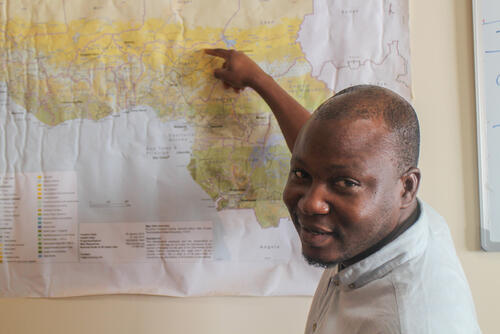
How to identify the causes of an epidemic and respond strategically
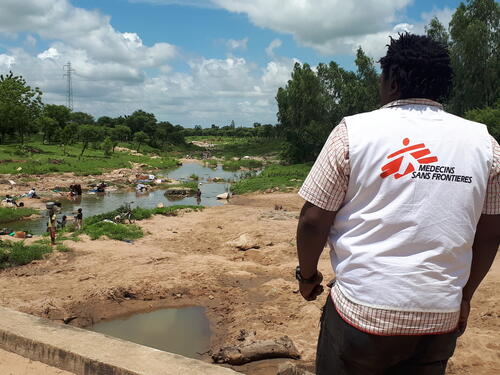
A multidisciplinary approach to stem the spread of cholera
